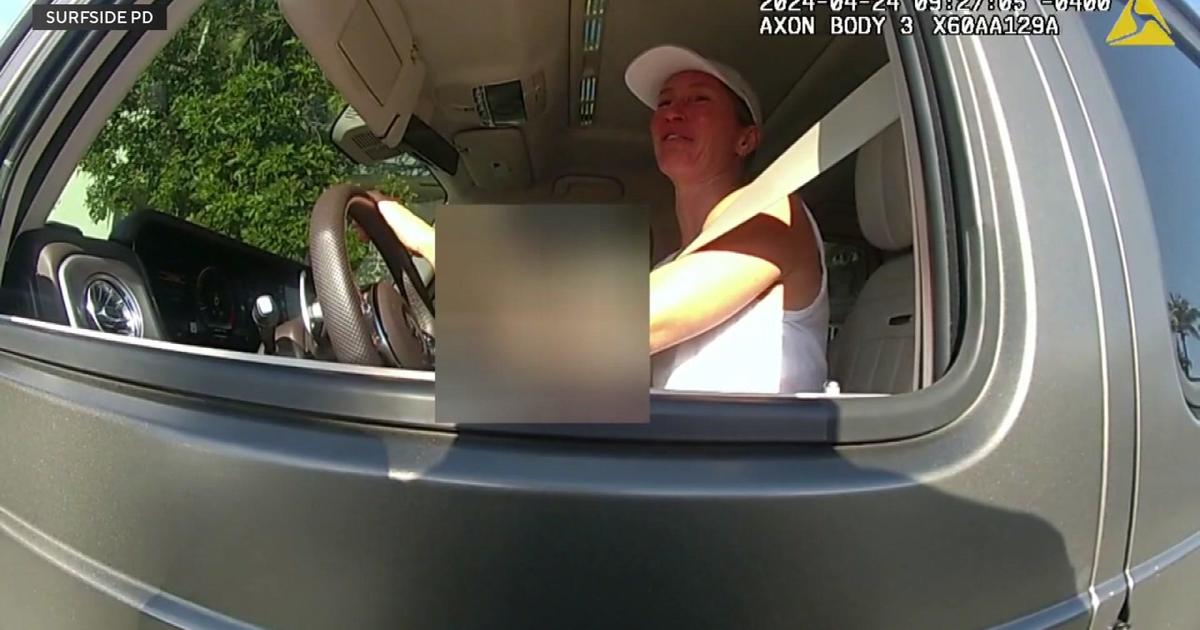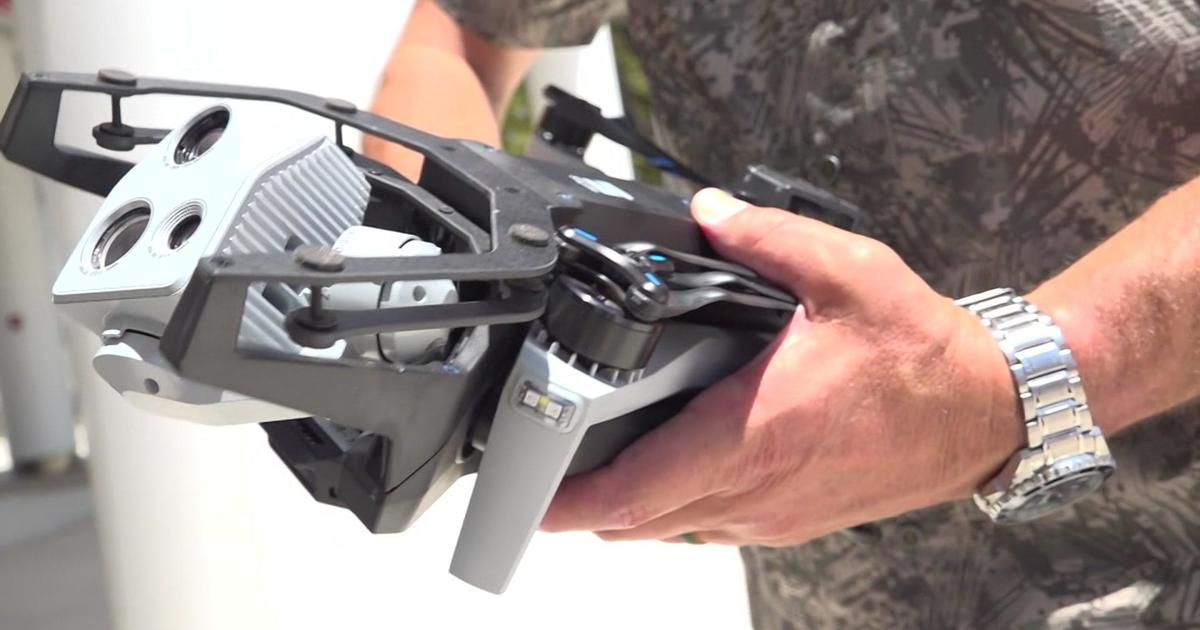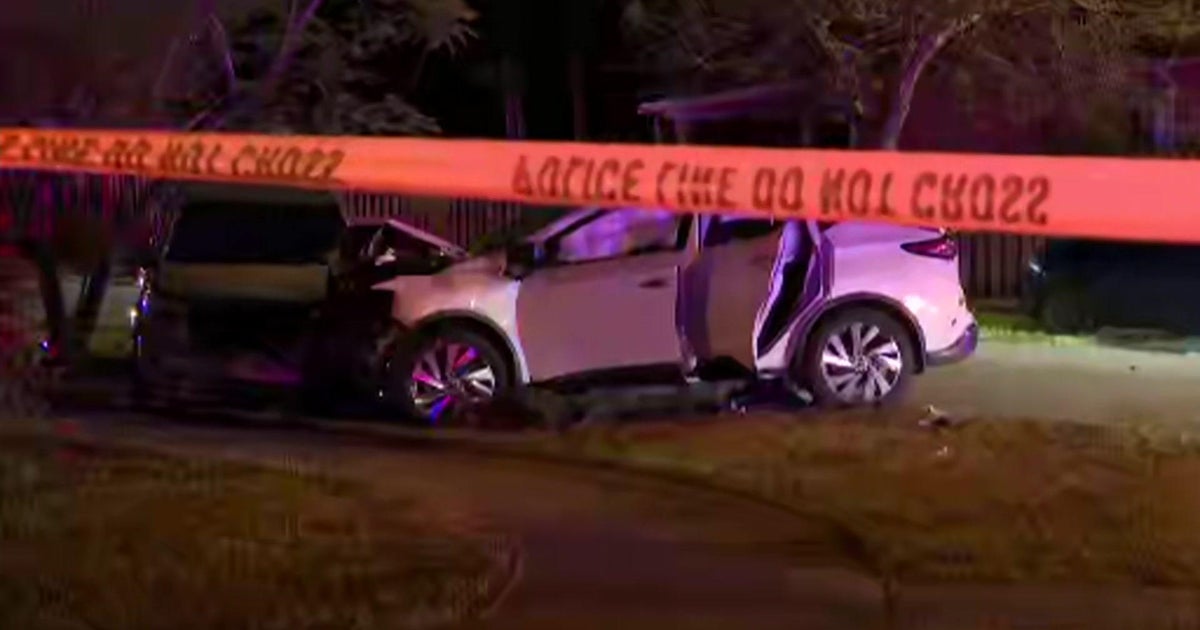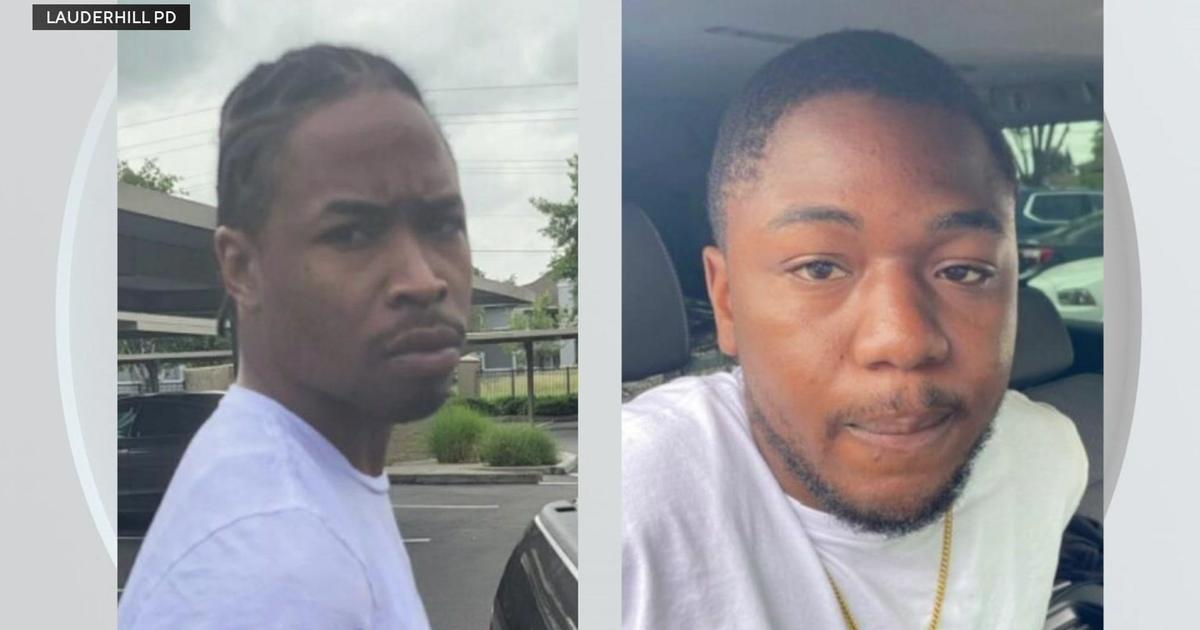Officer On Orlando Massacre: "I've Questioned Myself"
Follow CBSMIAMI.COM: Facebook | Twitter
ORLANDO (CBSMiami) -- This month's horrific mass shooting at Pulse nightclub left a deep wound in the city of Orlando and many of those who saw the horror firsthand say they're still struggling with the emotional trauma.
"We all looked at one another, we said there was no way we're leaving. These people need our help inside here," said Orlando Police Officer James Hyland.
Hyland rushed into the Pulse Nightclub moments after the first shots rang out.
"The one word that I would describe it was chaos, it was hectic...sort of trying to process what was going on while responding there and trying to figure out what I'm going into," said Hyland.
When asked what was the first thing he did when he pulled up to the scene, Hyland said "I parked my truck up out on the roadway and I could see the off duty officer out there that initially called for help."
The harrowing video from the scene shows Officer Hyland helping load the wounded onto his truck. He quickly used it as an improvised ambulance to get victims to the hospital.
"I was inside the club and that's when I started pulling some of the wounded out. I'd pull one out, you know, come outside then pull another one out and it got to a point where I suffered muscle failure. My legs just gave out," said Hyland.
Hyland, has recovered from the physical stress but it's the wounds you can't see that he still struggles with. Although he's seen combat and carnage before as an army military police officer, it's the images of bodies scattered on a dance floor that still haunt him.
"It's in your own back yard…you are not going to the fight. The fight has been brought to you," said Hyland.
Joshua Granada and Carlos Tavarez – with the Orlando Fire Department - are also trying to process the events of June 12th. They remember being the first medics on scene.
"When we grabbed that first person, and took them to the hospital, we told the hospital, I think we're going to be back with a bunch more," said Carlos Tavarez. "That's when we went back. Normally it would take us 20, 30 minutes to turn around and clean everything up. In this situation we knew there was a lot more people so we just put everything back and went."
He went on to say, "We made four trips back and forth and took 13 people."
Granada and Tavarez have been riding together for six years. Tavarez even trained Granada in medic school, but nothing could have prepared them for this.
"The worst mass shooting in U.S. history and we were right there and it's all I could think about for the entire week," said Granada. "Couldn't get back to my normal routine. It was the first thing I thought of when I woke up. The last thing I thought of when I went to sleep."
The nightmare may not be over for Tavarez, Granada, and the rest of the Pulse First Responders. The tendency to second-guess their actions the night of the shooting can delay the process of moving on.
"I've questioned myself. I said, 'what if I could've done this what if I could've done that' and that is the worst thing, and I say you are your own worst enemy in situations like that," said Hyland.
Back in the heart of Orlando, there are signs of a scarred city starting to heal. For the men and women who answered the call for help, that healing may only come with time.



